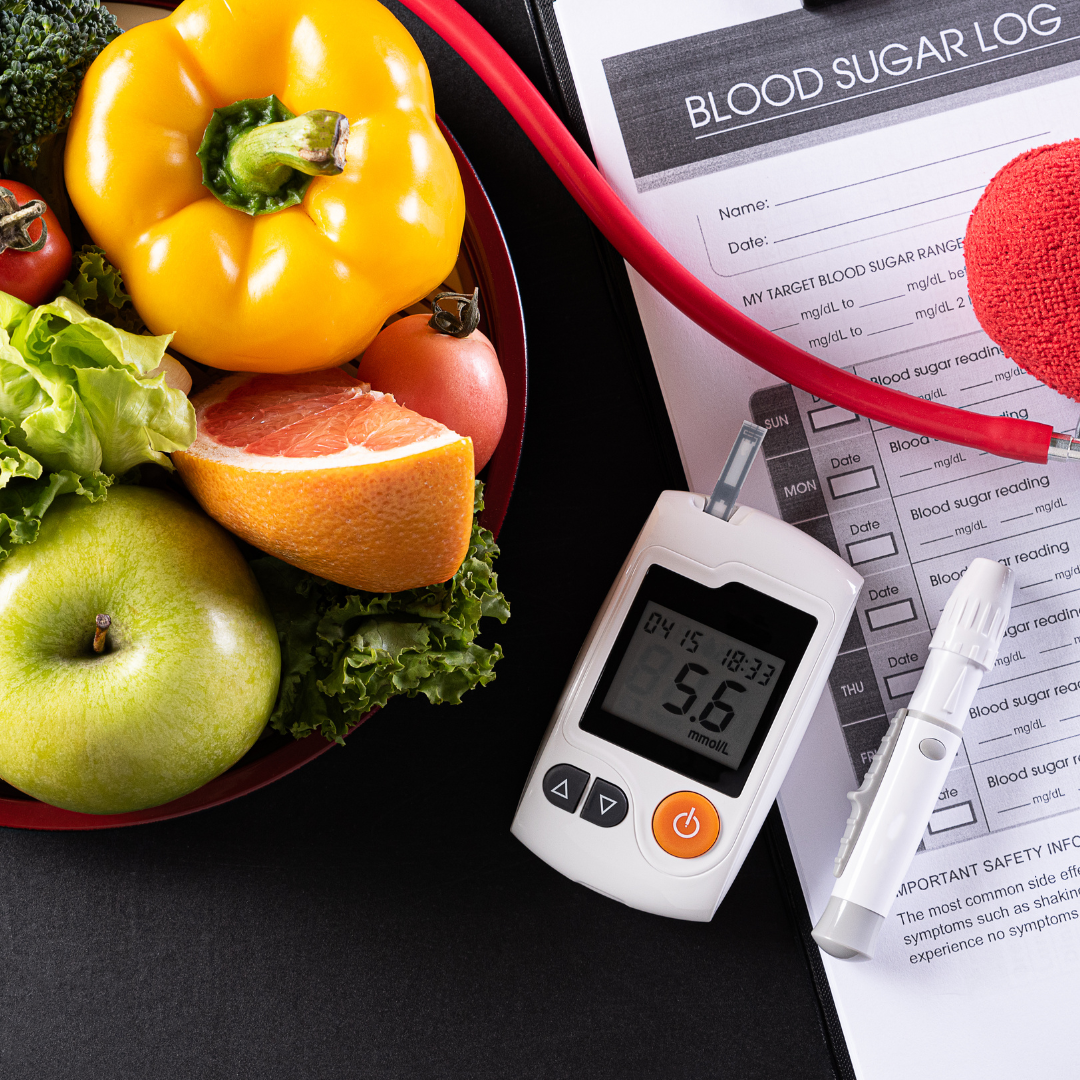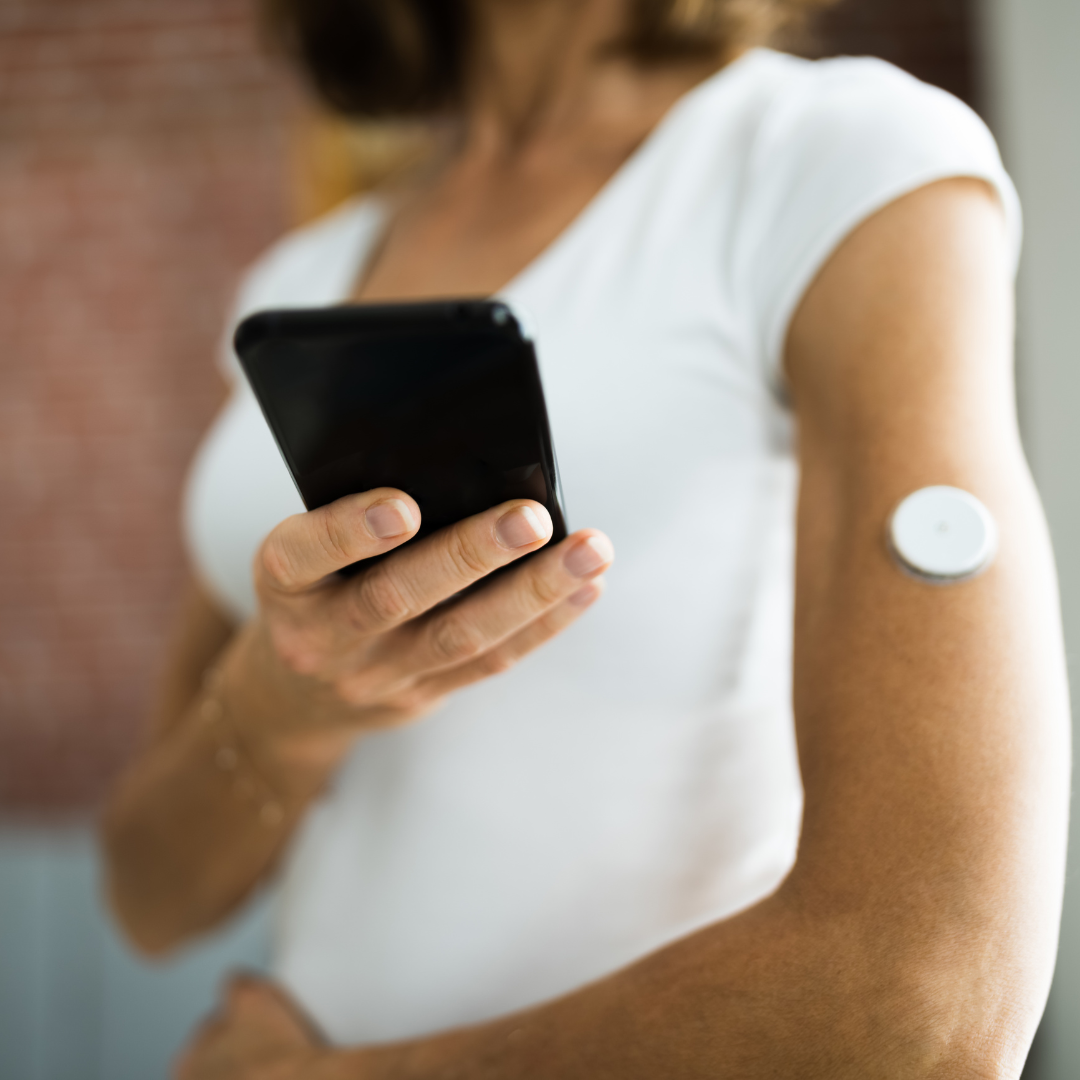Advanced Practice Providers (APPs) are skilled professionals that play a critical role in our practice to ensure patients receive high quality, comprehensive care. Our endocrinologists work with Physician Assistants (PA), Nurse Practitioners (NP), and Clinical Nurse Specialists (CNS), who all have extensive training and offer a patient-centered approach that focuses on preventive care, education and overall wellness.
What is the difference between the various types of APPs?
A Physician Assistant has a master’s degree and works in collaboration with a licensed physician, providing almost all services as a physician. A Nurse Practitioner has earned both a bachelor of science in nursing and a master of science in nursing degree prior to undergoing a certification exam and applying for a NP license. A Clinical Nurse Specialist is a graduate-level registered nurse who is certified in a specialty. Nurse Practitioners and Clinical Nurse Specialists can both diagnose and treat patients, prescribe medications, and order and interpret medical tests.
What is a Certified Diabetes Educator?
At Texas Diabetes, all of our advanced practice providers are also Certified Diabetes Educators (CDE), who educate, support, and advocate for people impacted by diabetes. CDEs must have clinical diabetes experience and training and pass a national exam to become credentialed. Our APPs have comprehensive knowledge and experience in diabetes prevention, prediabetes and diabetes management.
APPs at Texas Diabetes and Endocrinology
The APPs at Texas Diabetes and Endocrinology have had rigorous clinical training, are licensed by the State of Texas, and can prescribe medication. Most of our new diabetes patients will have their initial visit with an APP who will spend time with you getting a thorough health history, reviewing lab results, and devising an appropriate treatment plan. Our number one goal is to educate and support you on your journey and be there every step of the way to help you manage your condition.
We are fortunate to have the opportunity to work with such an incredible team of APPs, including:
- Amanda Bonazzi, MSN, APRN, ACNS-BC, CDCES
- Ashley Davila, MSN, ACNS-BC, Clinical Lipid Specialist
- Azaret Villeda, MSN, APRN, FNP-C
- Ben Pagano, MSN, ACNS-BC, CDE
- Brandy Wellmon, PA-C, CDCES
- Carmen Addington, MSN, FNP, CDCES
- Carrie Barlow, PA-C, CDCES,
- Emily Simon, MSN, APRN, AGCNS-BC, CDCES
- Jessica Ribeiro, RN, MSN, FNP, CDCES
- Kim Jones, MSN, FNP, CDCES
- Rachel Kohls, MSN, AGCNS-BC, CDCES
- Sarah King, MSN, FNP-C, CDCES
- Tracy Chan, MSN, FNP, CDCES
If you’d like to learn more about our full range of endocrine services, please call Texas Diabetes and Endocrinology at (512) 458-8400 or request an appointment online.
Don’t forget to follow us on Facebook and Instagram and check back with us each month as we provide you helpful wellness and health information.





